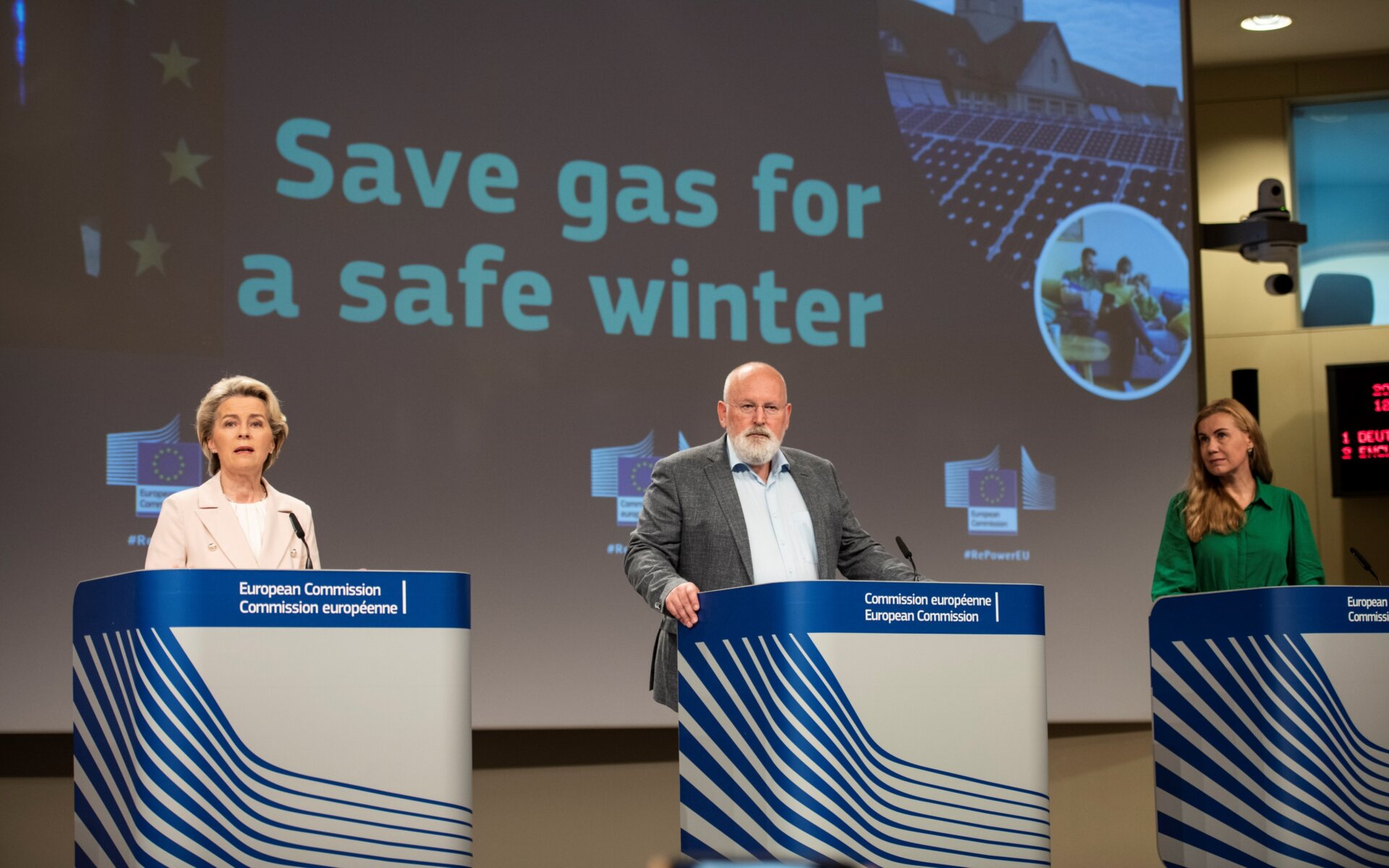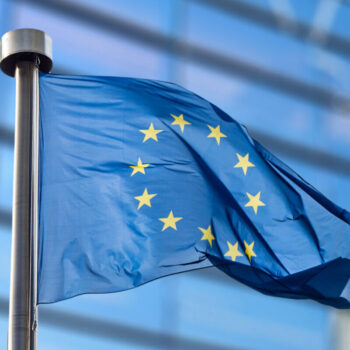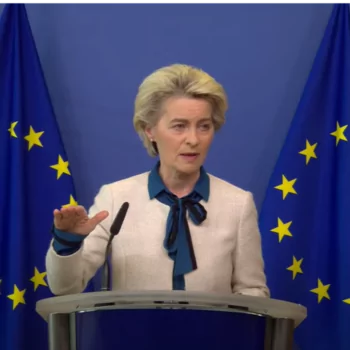The Save Gas for a Safe Winter Plan outlines the next steps for the EU and its member states towards streamlined policy answers that can tackle gas supply issues for the upcoming winter. However, a wartime approach that simultaneously answers energy, climate and social concerns and that has the potential to protect or even strengthen the cohesion among member states, is still lacking. The EU’s policy makers now need to step up their response to match the scale of this winter crisis and the expected upcoming ones.
Anxiety characterises the way Europeans are marching into the winter. With the current crisis already having tangible effects on people’s wellbeing, fear keeps rising about what is yet to come. In the midst of this disruptive political situation, policy makers are facing a huge challenge.
How can they cope with the uncertainty of energy supply, and shield people – especially those in a vulnerable situation – from bearing the brunt of this winter crisis? And how to do this while avoiding backstepping on climate commitments?
EU leaders have started building a coordinated response ahead of this winter crisis, most concretely through REPowerEU and now with the latest Winter Plan. This E3G briefing assesses the Winter Plan and sheds light on what is left for policy makers to figure out. It concludes with a proposal for an analytical tool that policy makers and stakeholders can use to assess further crisis response measures and that incentivises consistency across different policy areas. E3G argues that responses should deliver on four levels in particular:
- Impact (mitigating the effects of the crisis).
- Speed (implemented in time).
- Social fairness (reducing the disproportional effects on vulnerable people and allowing them to have a say).
- Compatibility with long-term climate goals (based on the existing framework of do no harm and the EU Climate Law).
Read the full briefing on the EU’s winter crisis here.


